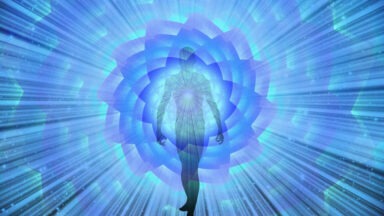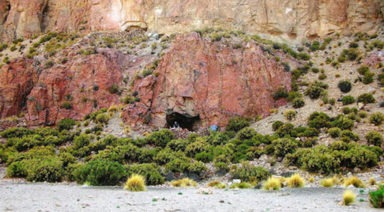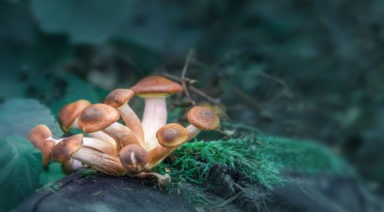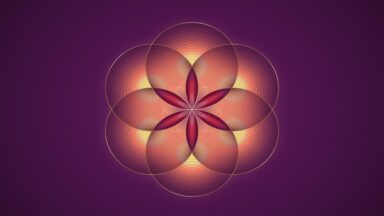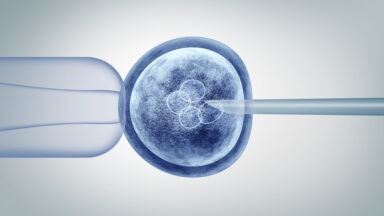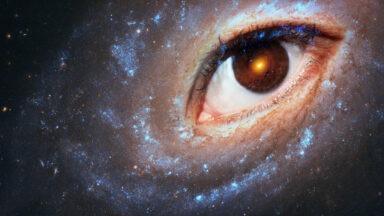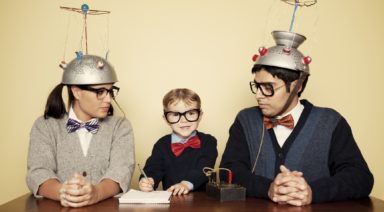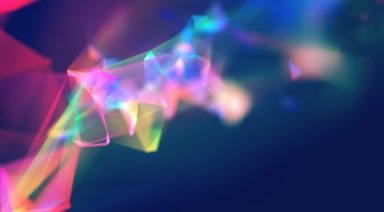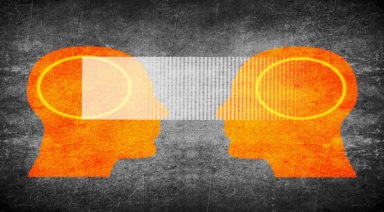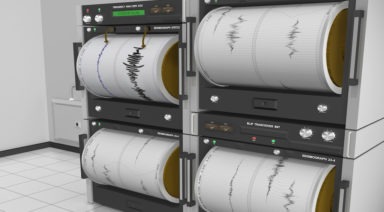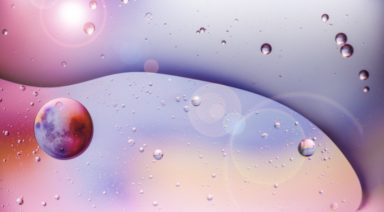Study Shows Psilocybin Promotes New Growth of Neurons in Brain
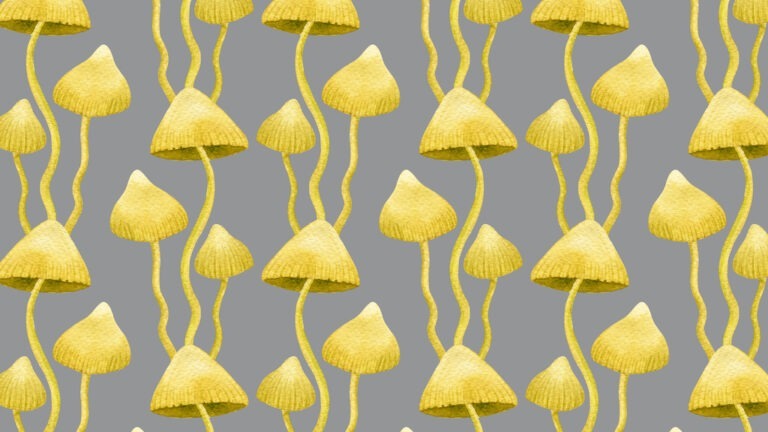
A major development in the treatment of depression shows psilocybin can actually grow connections inside the brain without a hallucinogenic trip.
As we have previously reported, researchers have found that psilocybin, the active ingredient in psychedelic mushrooms can reduce major depressive disorder in humans. but we have not known how it works or how long it will last.
Now a new study out of Yale University shows one dose of psilocybin in mice creates rapid and sustained connections between neurons.
Steven Grant Ph.D. Director of Research at the Heffter Research Institute, a non-profit organization a non-profit organization that promotes research into hallucinogens and the brain, has studied how drugs affect the brain for nearly 50 years.
“So, what they discovered, not only does a single dose of psilocybin produce the formation of neuronal growth as measured by what are called ‘spines,'” Grant said. “Spines are the little nubby protrusions off the branches of a neuron that are associated with the connections with other neurons, so presumably the more spines the more connections you have. And the study found that psilocybin not only produced growth in the number of spines, but it persisted over a month. So that’s remarkable — one dose produces this long-lasting change in the ability of the neurons to form new connections.”
How does psilocybin creating spine formation work to relieve depression?
“The jump between spine formation and relief of anxiety is a jump; it’s a leap,” Grant said. “So, we can’t fill in every single step there, but the idea is that these drugs are increasing the ability of neurons to communicate with each other and form new connections, which will then form new patterns of brain activity, which will then form new patterns of behavioral activity. So, if you think of depression for example as being stuck — you’re stuck in a place that’s aversive and hedonic, you have low mood — how do you get out of that? Especially if you don’t think anything is worthwhile. What this study suggests is there is a neurobiological process that psilocybin kicks off that starts with the formation of new connections that then will presumably allow the person to engage in new forms of behavior and not be in the hole that they were in.”
By blocking the receptor in the brain that receives the psychedelic effects of psilocybin, the researchers made another, perhaps more important, discovery, and settled an ongoing debate.
“There is a debate in the field whether the therapeutic effects depend on the psychedelic effects, and this is an active controversy in the field. This study suggests that spine formation is related to the therapeutic effects and can occur in the absence of a measure of the psychedelic effects, insofar as we can measure it in mice. This study is remarkable because it’s a step in showing that you can get some degree of disassociation between the psychedelic effects and the therapeutic effects,” Grant said.
As someone who has studied this for nearly 50 years, what does Grant hope these discoveries mean for the future of psychedelics to treat depression?
“This will result in the use of drugs that will have a therapeutic effect very rapidly, that the person doesn’t have to be on a chronic drug regimen, and that it produces persistent therapeutic effects,” Grant said.
Although the findings of this study were remarkable, Grant cautions that this study was done on mice. Animal studies often translate to humans, but not always. Much more testing remains to be done, and it will be hard to replicate the same results in humans, but this could be a major step forward in understanding how plant medicine can heal us.
Cannabis Spirituality: Using Plant Medicine as a Sacred Tool
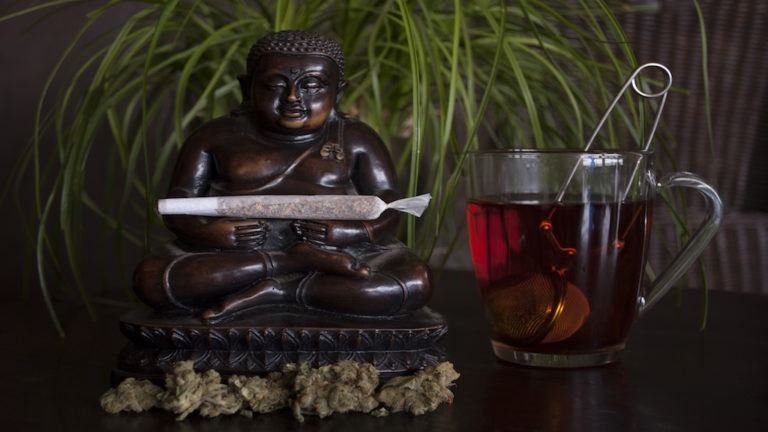
The stoner stereotype is a familiar one that transcends cultures – lazy, incoherent, silly, and just generally burnt out. But as legalization allows cannabis to be discussed maturely, that trope seems like a dying remnant of the decades-long smear campaign against a plant that can truly impact our lives, culture, and economy in a positive way. With that relaxation of stigma, society can explore a path of cannabis use for spirituality and use it as a tool for inner exploration.
Much like any other psychedelic substance, cannabis can be abused and consumed without respect to its potency, power, or healing potential. There’s virtually no harm in using it as a tool to relax and decompress from life’s daily stresses, but some might argue there’s a point of diminishing return when consuming copious amounts without the right intention.
And for religions that consider the plant sacred, this is typically their view on the use of cannabis — using it heedlessly is considered a sin or frowned upon, while using it for enlightenment or spirituality is accepted, and in some cases, encouraged.
Original Cannabis Spirituality
Cannabis has been used by certain groups as a sacrament for centuries and in some cases maybe even millennia. One of the most notable groups is Rastafarians, who use the plant for meditation and spiritual ceremonies, gathering in a “reasoning” to give praise to Jah (God), who they believe bestowed the herb to man in order to invoke thoughtful insight and self-reflection.
Rastafarians believe cannabis is mentioned in the Bible in Psalm 104:14 where it was written, “He causeth the grass to grow for the cattle and herb for the service of man….”
And in Revelation 22:2 “the herb is the healing of the nations.”
Rastafarianism believes cannabis was used as a sacrament by Moses and the Israelites. Rastas and some Jews believe the plant kaneh bosm, mentioned five times in the Old Testament, was in fact cannabis and an important sacrament for Judaism. Jewish scholars disagree on the translation, but if correct it would imply that the Hebrew Bible was originally blessed with cannabis oil.



